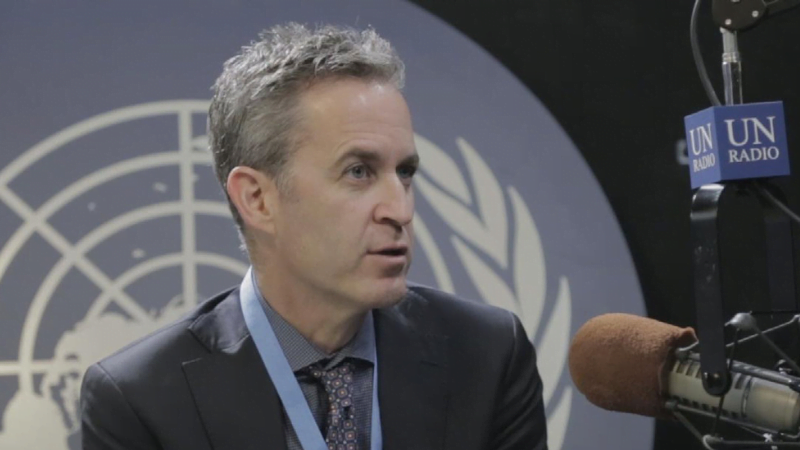In a letter sent to the European Commission, the European Parliament and the Council of the European Union, the OSCE Representative on Freedom of the Media, Harlem Désir, together with the UN Special Rapporteur on freedom of expression, David Kaye, called for increased protections for whistleblowers in a draft directive being discussed.
Désir and Kaye welcomed the initiative of a new directive on protection of whistleblowers, but also expressed a number of potential concerns about the current draft text.
The Representative and the UN Special Rapporteur said they strongly support the recognition that whistleblowers “play a key role in exposing and preventing breaches of the law harmful to the public interest and in safeguarding the welfare of society.”
https://twitter.com/davidakaye/status/1102953302726066176?s=19
They note that the proposed directive recognises that “potential whistleblowers are often discouraged from reporting their concerns or suspicions for fear of retaliation”.
Echoing the concerns raised last month by 77 independent media, anti-corruption and press freedom organisations, Kaye and Désir said the internal reporting of breaches could lead to whistleblowers being reluctant to raise issues for fear of retribution.
The case of former FIAU official Jonathan Ferris, who said he had evidence of significant corruption at the highest levels of government, serves as an example of the limits imposed by internal reporting. Ferris was denied whistle blower protection on the grounds that he should first reveal what he knows to those he was accusing of corruption.
Read: Jonathan Ferris should not be silenced
The draft directive also allows authorities to prevent public disclosures of national security information, which was another concern raised by the Representative and the UN Special Rapporteur.
“We are concerned that this exception has the potential to be misused, with national authorities able to prevent public disclosure under the guise of national security, when the restriction would not meet the requirement that restrictions meet necessity and proportionality standards. The power delegated to national authorities is overbroad,” they said.
While stressing they are only raising “a selected set of concerns”, they drew attention the directive only grants protection to whistleblowers after an examination of the importance of information disclosed.
“A subjective test of the significance of the disclosure would pose unacceptable risks of deterring reporting of wrongdoing, thus undermining the object and purpose of the proposed directive,” Kaye and Désir said.
The Representative and the UN Special Rapporteur said whistleblower protection rests upon a core right to freedom of expression, guaranteed under international law, in particular the International Covenant on Civil and Political Rights (ICCPR) and the European Convention on Human Rights, to which all EU Member States are bound.














